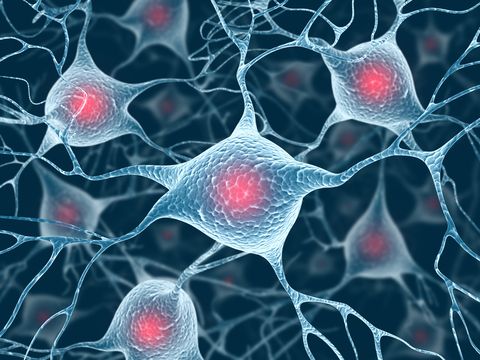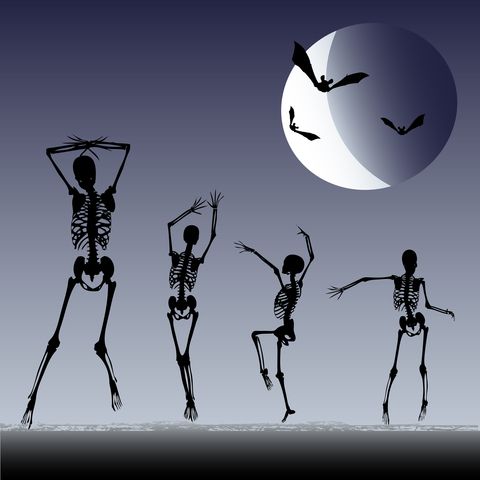Tag: neuroplasticity.
Episode 11: Change Your Mind, Change Your Life
Written by Cheryl on . Posted in The FemiNinja Project.
Mirror Neurons on the Wall….Mirror Neurons make You Smile
Written by Cheryl on . Posted in Uncategorized.
Halloween, Feldenkrais, and the Magical Movement of the Skeleton
Written by Cheryl on . Posted in Feldenkrais.
Feldenkrais®: Science and Magic
Written by Cheryl on . Posted in Cheryl's View.
What is Feldenkrais(R)?
Written by Cheryl on . Posted in Feldenkrais.
Feldenkrais(R) and the wardrobe malfunction….
Written by Cheryl on . Posted in Feldenkrais.
A Feldenkrais(R) Valentine
Written by Cheryl on . Posted in Feldenkrais.
Neuroplasticity and getting out of that rut….
Written by Cheryl on . Posted in Cheryl's View.
A tale of two neurons….
Written by Cheryl on . Posted in Health Tips.
Cheryl Ilov International
Email: info@Cherylilov.com










